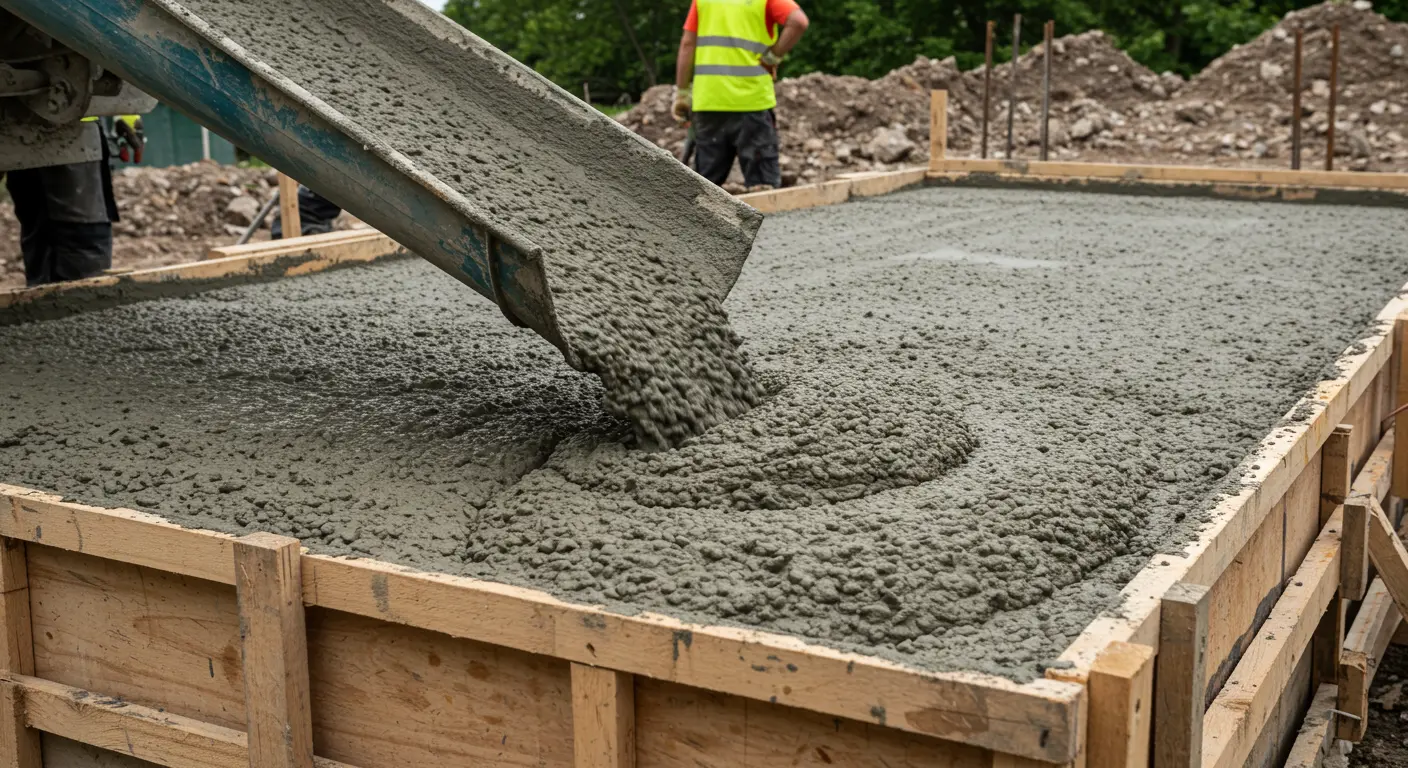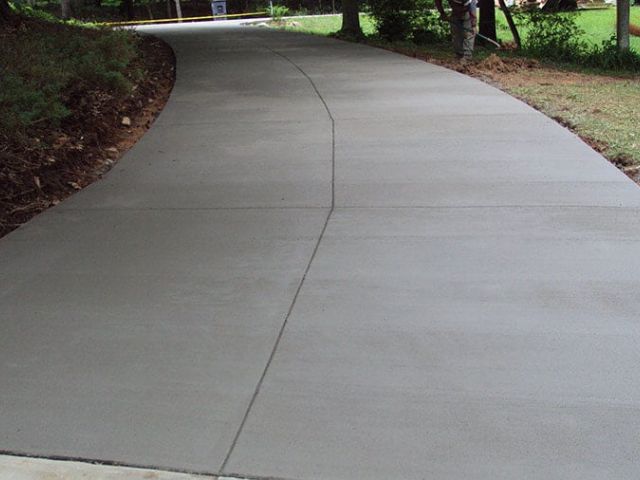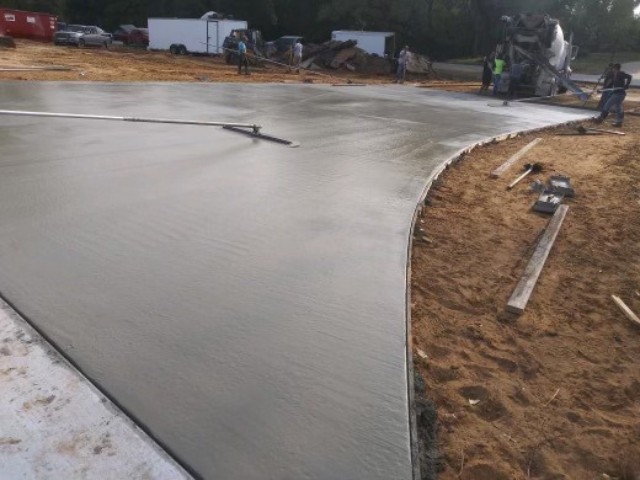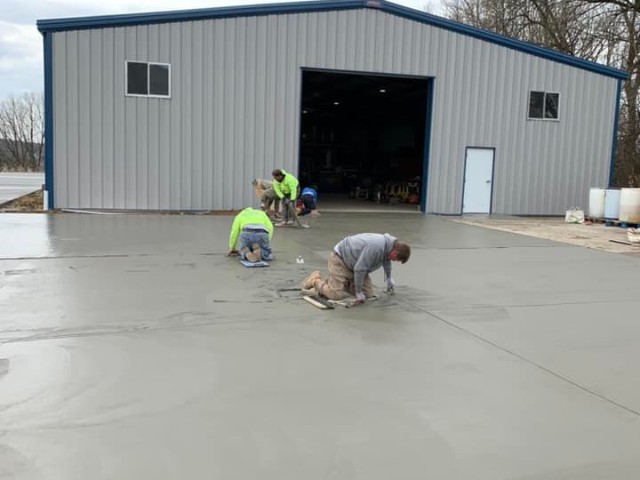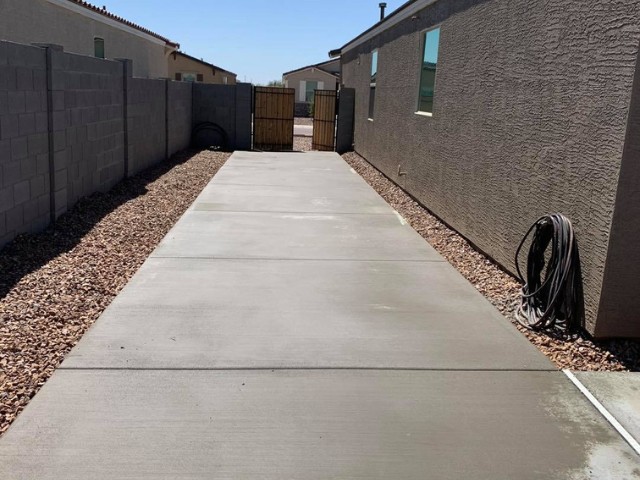Blog
What are the most common applications of concrete in construction?
Concrete is one of the most trusted building materials out there, known for its strength, durability, and versatility. Whether it’s...
Read More
What is geopolymer concrete, and how does it benefit the environment
Geopolymer concrete is a cement-free blend that often uses industrial byproducts, such as fly ash or slag, to create a...
Read More
How is fiber-reinforced concrete different from traditional concrete
One key factor in concrete durability is reinforcement—whether it’s traditional rebar, wire mesh, or advanced fiber technology. In this article,...
Read More
What is pervious/permeable concrete, and why is it important
Pervious concrete, also known as permeable concrete, is a unique paving material designed to let water flow through its structure...
Read More
What is the difference between stamped concrete and regular concrete
Stamped concrete and regular concrete share the same core materials but bring very different looks and performance features to driveways,...
Read More
What is decorative concrete, and how is it used
Concrete doesn’t have to be plain and boring—decorative concrete gives ordinary cement surfaces a fresh, artistic touch. It transforms dull...
Read More
How is high-strength concrete different from normal concrete
High-strength concrete holds a unique place in modern construction. It is known for exceeding typical performance benchmarks set by ordinary...
Read More
What is self-compacting concrete, and how does it work?
Self-compacting concrete has gained attention among builders and engineers who long for smoother construction methods. It offers fluidity without needing...
Read More
What is lightweight concrete, and what are its advantages
Lightweight concrete often sparks curiosity because it looks like standard concrete yet feels far less heavy. It finds its way...
Read More
What is high-performance concrete, and where is it used
High-performance concrete, often called HPC, refers to a special type of concrete that combines advanced strength with extended durability. It...
Read More
Ready-Mix vs. Site-Mixed Concrete: What are the differences
Concrete’s strength, durability, and versatility make it a staple in building work across the globe. Yet, the method used to...
Read More
What is the role of reinforcement in concrete structures
Concrete is a strong and durable material, widely used in construction. However, it has one significant limitation—it is weak in...
Read More
How Does Cracking Occur in Concrete, and How Can It Be Prevented
Concrete is a durable and widely used construction material, but it is prone to cracking due to various factors. Cracking...
Read More
What is the importance of proper curing in concrete strength
Curing plays a key role in achieving the desired strength and durability of concrete. It ensures that the hydration process...
Read More
How Does Concrete React to Seismic Activity
When seismic activity strikes, concrete’s behavior becomes a subject of intense study and innovation. How does concrete respond to earthquakes,...
Read More
How does concrete resist fire, water, and chemicals
Concrete is known for holding its ground under harsh conditions. It faces fire without breaking apart, tolerates water in flood-prone...
Read More
What are the most common causes of concrete failure
Concrete can sometimes also fail without warning. This happens when poor workmanship, extreme weather, or chemical corrosion weakens the structure...
Read More
How Does Concrete Handle Extreme Temperatures
Concrete resists wear and tear, but scorching heat or biting cold can bring hidden challenges. In this blog post, we...
Read More
What is the typical lifespan of concrete structures
Concrete structures often evoke a sense of solidity and reassurance. They shape roads, bridges, and buildings around the world, giving...
Read More
How does weather affect concrete performance
The performance of concrete depends on a careful balance of water, cement, aggregates, and weather conditions. Temperature swings can hasten...
Read More








